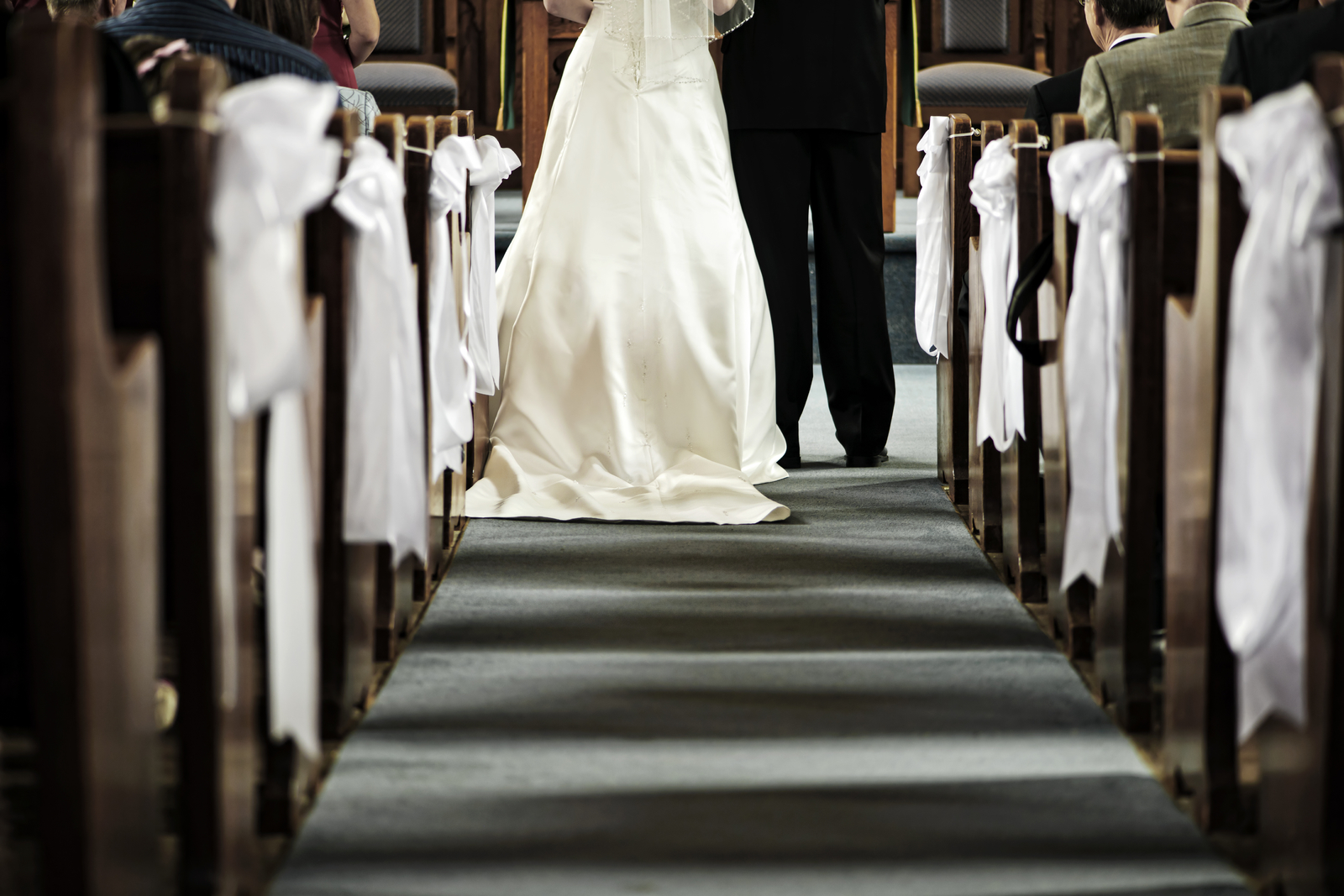As of January 2, 2005 the Pennsylvania legislature abolished common law marriage in the Commonwealth of Pennsylvania.

Therefore, Pennsylvania does not recognize common law marriages entered into after January 2, 2005 pursuant to 23 Pa.C.S. 1103. However, couples who entered into a common law marriage before January 2, 2005 will still be considered married if they overcome the burden to prove their common law marriage existed.
This information is not new and as a result of the change in the law in 2005 Family Law practitioners have not seen many of these common law cases litigated – until now.
Common law marriage seems to be resurrected after the decision in Whitewood v. Wolf, 992 F.Supp. 2d 410 (May 20, 2014) and after the United States Supreme Court decision in Obergefell v. Hodges, 135 S. Ct. 2071 (2015). There have been a number of cases filed in the Commonwealth asserting common law marriage on behalf of same-sex couples.
In fact, on April 17, 2017 the Superior Court of Pennsylvania in the case In Re: Estate of Stephen Carter, 2017 PaSuper 104, entered a precedential opinion making it very clear that same sex couples have a constitutional right to assert common law marriage. The couple still must overcome the same hurdles in proving a common law marriage existed but their right to assert same is now confirmed by a Pennsylvania appellate court.
The In Re: Stephen Carter case involved a gay couple, Stephen Carter and Michael Hunter. Stephen passed away and Michael filed a declaratory judgment for an order declaring he and his late partner had entered into a common law marriage prior to January 1, 2005. Michael prevailed in his petition on appeal. The Superior Court stated that the United States Constitution mandated that same-sex couples have the same right to prove a common law marriage as do opposite-sex couples, and Michael met his burden of proving a common law marriage existed based on the facts presented.
The couple met in 1996 and shortly thereafter began living together. On Christmas Day 1996, Michael proposed to Stephen and gave him a ring. Two months later Stephen gave Michael a ring in return. The ring was engraved with the date of the gift and from that date forward the parties celebrated that event as their wedding anniversary. The couple bought a house together, had joint bank accounts, executed mutual financial and health care powers of attorney and supported each other financially. Both of their families treated the other as spouses.
Stephen died in April 2013 and in May 2016 Michael filed a petition for declaratory judgment. The petition was unopposed but despite this the trial court denied the petition claiming that since same-sex couples did not have the right to marry in Pennsylvania until May 2014 then it was never legal for same-sex couples to enter into common law marriage, even if they had met the requirements. Basically, the trial court found it was legally impossible for Michael and Stephen to enter into a common law marriage.
The Superior Court disagreed. It found the unconstitutional provisions of Pennsylvania’s marriage laws did not just suddenly become unconstitutional on May 20, 2014 when Whitewood was decided. As a result, the marriage law the trial court relied upon was unconstitutional even in 1996 when Stephen and Michael entered into their common law marriage. Therefore, it was possible for them to be common law married. Same-sex couples have precisely the same capacity to enter marriage contracts as do opposite-sex couples and a court cannot rely on invalidated marriage laws to deny the constitutional reality.
This is the first time we have a Superior Court opinion stating that same-sex couples can assert a common law marriage.
There were several trial court cases that came to the same conclusion as the Superior Court in In Re: Estate of Stephen Carter but no appeals were taken until now. Interestingly, all of the cases so far have been in the estate law context and have been unopposed rather than being argued in the divorce context. But, this most recent case makes it very clear that a same-sex partner who established a marital relationship prior to January 1, 2005 has a constitutional right to have the court declare said relationship as a common law marriage. No doubt, the cases asking to declare a common law marriage that are filed in Family Court will be disputed. This means the same-sex partner will have to prove, based on the facts, that the partners intended to be married. However, this is no different from a straight couple and the burden they have to prove the same. The Superior Court declaring the same-sex partner’s Constitutional right to assert a common law marriage is a huge step. Yes, common law marriage is alive and well in the Commonwealth of Pennsylvania.



